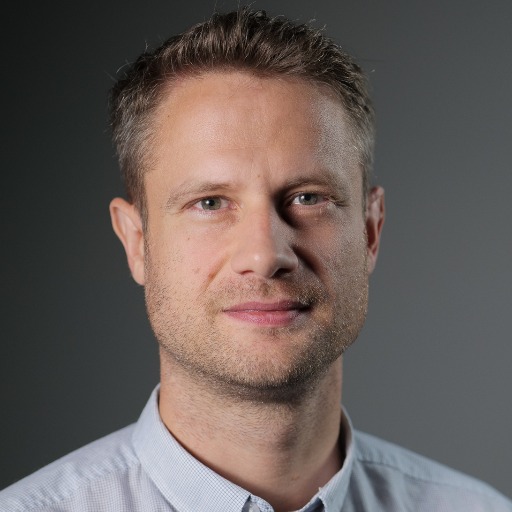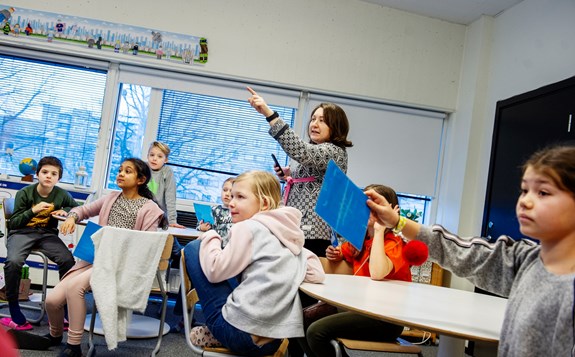We use cookies on this website. Cookies help us deliver the best experience on our website. Read about cookies.
-
- Education
- Education
- Programmes and courses
- Applications and admissions
- Tuition fees
- Scholarships
- Exchange studies at Malmö University
- Study Guidance
-
- After admission
- After admission
- Moving to Malmö
- Pre-orientation
- Arrival guide
-
- About studies at Malmö University
- About studies at Malmö University
- Why choose Malmö University
- Understanding university studies
- Connect with our students
On the page -
- Research
- Research
-
- Doctoral studies
- Doctoral studies
- Doctoral courses
-
- Doctoral schools
- Doctoral schools
- Adaptation of urban space through sustainable regeneration
- ComBine
- Culturally Empowering Education through Language and Literature
- Education, Learning and Globalisation
- Finding ways in a time of great future challenges (FinnFram)
- Swedish National Graduate School in Science and Technology Education Research
- Learning in Multicultural Societal Contexts
- Pedagogy and Vocational Skills
- Relevancing Mathematics and Science Education (RelMaS)
- Sustainable Movement Education
- The National Research School for Professionals in Social Services
- Research subjects
-
- Research centres
- Research centres
- Biofilms Research Centre for Biointerfaces
- Citizen Health
- Imagining and Co-Creating Futures
- Institute for Urban Research
- Malmö Institute for Migration Studies
- Literacy and Inclusive Teaching
- Centre for Work Life Studies
- Sustainable Digitalisation Research Centre
- Centre for Sexology and Sexuality Studies
-
- Research publications
- Research publications
- Search for research publications in Diva
- Malmö University Press
- Research events
- Participate in a research study
- Coffee Break Quiz
On the page -
- Collaboration and Innovation
- Collaboration and Innovation
-
- Levels of collaboration
- Levels of collaboration
-
- Local collaboration
- Local collaboration
- Muvah
- Co-Create Malmö
- Regional collaboration
- National collaboration
-
- International collaboration
- International collaboration
- UNIC
- Innovation
- Collaboration with students
-
- Collaborate with researchers
- Collaborate with researchers
- Labs and facilities
- Culture collaboration
- Support Malmö University
- Alumni & Friends
On the page -
- About us
- About us
-
- Faculties and departments
- Faculties and departments
-
- Faculty of Culture and Society
- Faculty of Culture and Society
- Department of Global Political Studies
- School of Arts and Communication
- Department of Urban Studies
-
- Faculty of Education and Society
- Faculty of Education and Society
- Department of Childhood, Education and Society
- Department of Sports Sciences
- Department of Culture, Languages and Media
- Department of Natural Science, Mathematics and Society
- Department of Society, Culture and Identity
- Department of School Development and Leadership
- The Centre for Teaching and Learning (CAKL)
-
- Faculty of Technology and Society
- Faculty of Technology and Society
- Department of Computer Science and Media Technology
- Department of Materials Science and Applied Mathematics
- Faculty of Odontology
- University Dental Clinic
-
- Find and contact Malmö University
- Find and contact Malmö University
- Visit Malmö University
-
- News and press
- News and press
- Graphic manual
- Map of the buildings (Google Maps)
- Merchandise
- Supplier information and invoice management
- Whistleblowing
- We will help you with your questions
- Management and decision-making paths
-
- Malmö University's strategy 2030
- Malmö University's strategy 2030
- Sustainability
- Widened recruitment and participation
- Quality assurance work at the University
-
- Malmö Academic Choir and Orchestra
- Malmö Academic Choir and Orchestra
- Student work – video pieces
-
- Annual Academic Celebration
- Annual Academic Celebration
- Academic traditions
- Meet our new professors
- Meet our new doctors
- Honorary doctors
-
- The University in a troubled world
- The University in a troubled world
- Campus total defence
On the page

Christian
Andersson
Lecturer
christian.hans.andersson@mau.se
+46 40 665 78 59
orcid.org/0000-0002-8534-6320
Presentation
Research interests
My PhD project is called Beyond AI and machine learning; critical thinking discourses in mathematics education. The aim is to investigate affordances and challenges when teaching critical thinking upper secondary school in relation to new digital technology and personal data. New digital technology is e.g. machine learning and artificial intelligence, and personal data is in this context understood as data portraying personal behavior, opinions, feelings, etc collected when the user interact with social media, digital devices, store membership cards/logs, smart homes, etc.
Critical thinking is defined as a capability to see contingencies in a situation and agency to act against problematic practices, such as exploitation of vulnerable groups or when important decisions are made by discriminatory algorithms.
The project investigates what discourses are enacted when such learning goals for mathematics education is discussed. How do the learning goals intersect with other more traditional learning goals for mathematics education, in steering documents, among teachers students, in classrooms?
Publications
-
2026 | Doctoral thesis, comprehensive summary
(Im)possibility of Critical AI Literacy in Mathematics Education
Christian H. Andersson
-
2025 | Conference paper
Unplugged Activities As Introduction To Data Science With Focus On Ethical And Social Dimensions
Christian H. Andersson
-
2025 | Article in journal
Öppna nätbaserade kurser som resurser för undervisningsutveckling i det utvidgade kollegiet
Christian H. Andersson
-
2025 | Conference paper
Mathematical AI-Modeling in the Socio-Ecological: Futuring Critical Mathematics Education
Christian H. Andersson, Paola Valero
-
2024 | Article in journal
Mathematical understanding of training data and AI: a lesson plan for critical thinking and ethical perspectives
Christian H. Andersson, Joakim Andersson, Petter Ljung

